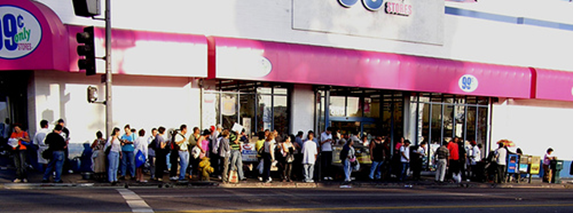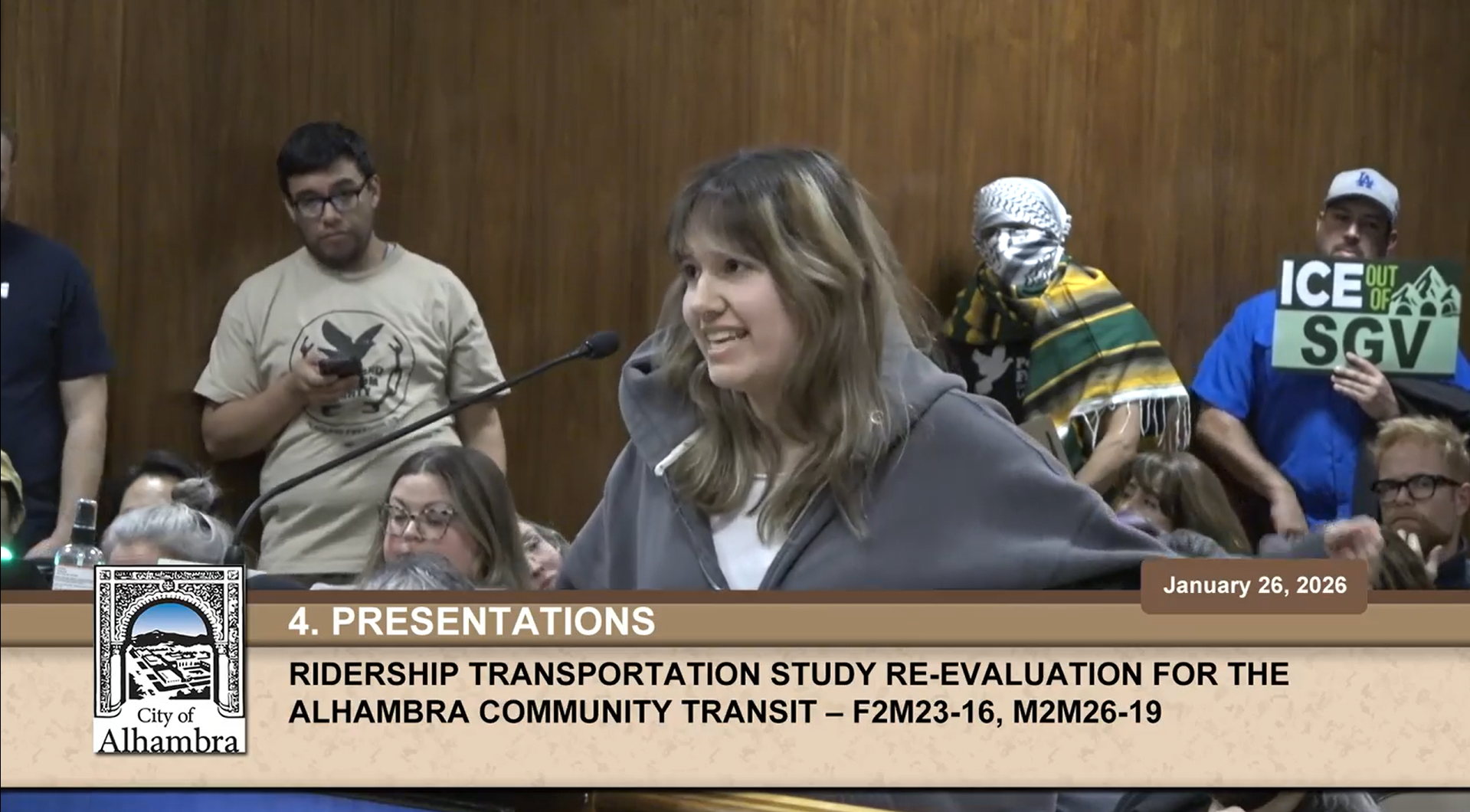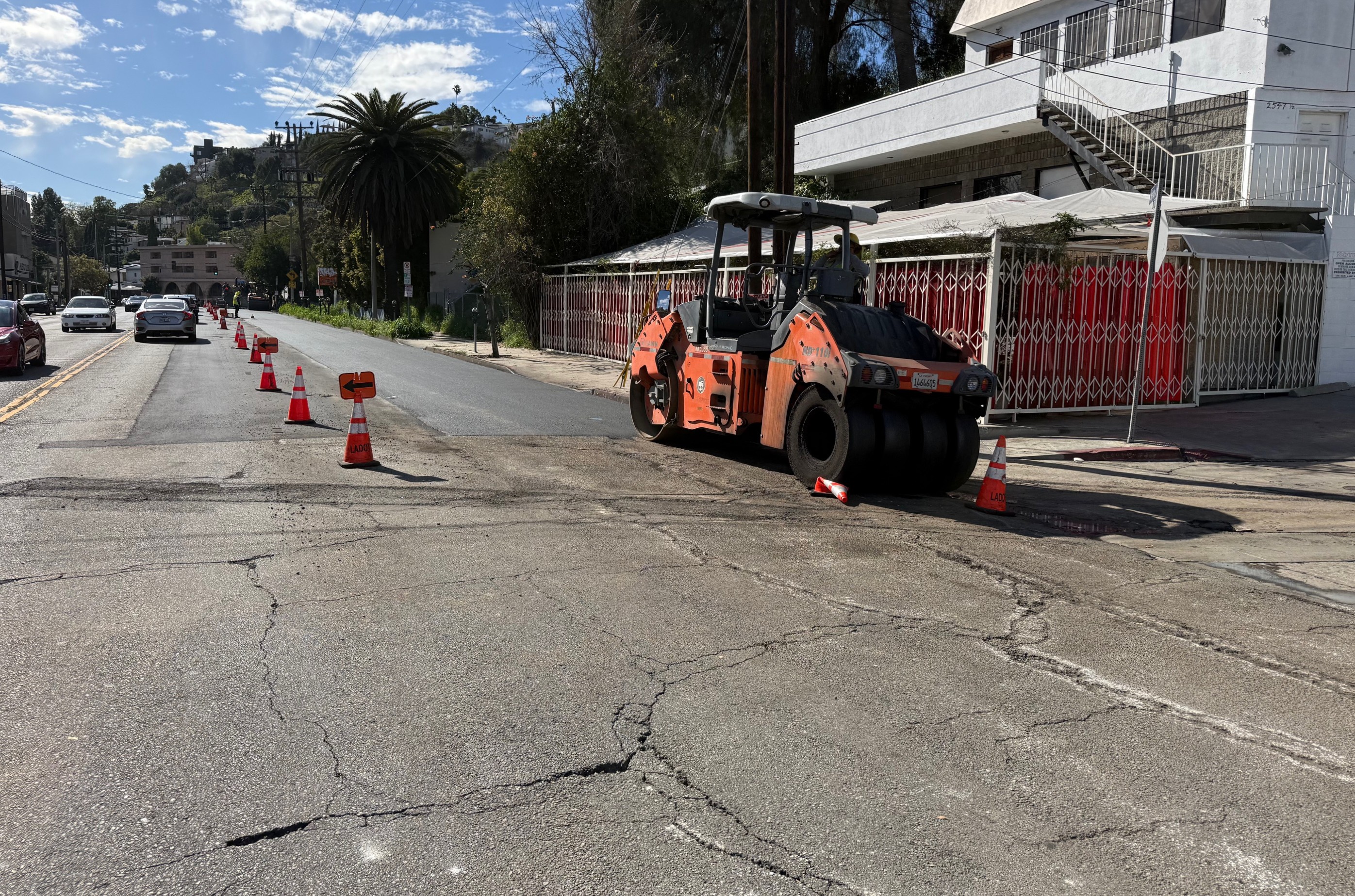Yesterday, the Federal Transit Administration publicly released its Title VI Civil Rights Review of Metro that was completed earlier this year. The FTA outlines a series of deficiencies in almost half of its twelve civil rights categories. Metro insists these are minor issues that can be easily fixed while critics of the agency call the report "a crushing indictment of the MTA." The document is available as a word document off the FTA's website and a pdf off Streetsblog's Sribd Page.
The FTA identified deficiencies in five of the 12 requirements of the Title VI Circular applicable to urban transit agencies that receive federal funds. The five deficient areas are:
- Notice to the Public of Rights
- Language Access to LEP Persons
- System-wide Service Standards and Policies
- Evaluations of Service and Fare Changes
- Monitoring Transit Service
Despite the strong critique of Metro policies, the FTA report stops short of requiring that Metro roll back any of its recent fare increases or service cuts that led to the Bus Riders Union to call for a Civil Rights Review in the first place. BRU spokespeople noted that the report doesn't rule out making such a determination in the future, but for now the agency has time to answer the FTA's complaints, create and implement a Civil Rights Corrective Action Plan, and fill in some gaps in its reporting.
For example, when a Metro policy is shown, by its own analysis, to have a "disparate impact" on a minority or disadvantaged community Metro is required to prove that the policy is absolutely necessary and there is no other less discriminatory alternative available. In the case of its 2009 and 2011 service cuts, the agency did show a "disparate impact" in over three fifths of its service changes, but didn’t show that cuts were a “business necessity” in its own documents explaining the cuts and there were no other “less discriminatory alternatives.”
In plain English, Metro didn't sufficiently prove that its service changes, cuts and improvements, were a business necessity after determining that they had a systematic negative impact on minority and disadvantaged communities.
In addition to studying the impact of its fare policies, including the reduction in cost for the Metro Day Pass that went on the books this summer, Metro is required to do a study of the cumulative impact of the changes to bus service that have occurred since 2009. But it's not like Metro is just ticking off a series of studies that it has to do, pending the findings of these studies, the FTA could require changes, including a requirement to roll back past policies, service changes and fare changes once Metro concludes its reporting.
Some of the other findings in the report were just strange. For example, by its own standard, Metro has to examine why there is a significant difference, 3% or more, in survey answers from different demographics when completing its bi-annual survey of riders. However, when their rider surveys showed that difference, there was never any examination of why, just a blanket statement that:
"Since this was an opinion survey, not an observational one, perceived differences may not be real. Those who are more frequent and/or dependent users of the system are likely to be more critical than occasional riders. Differing perceptions may be a reflection of the extent to which users care about the system and its quality."
Other "highlights" from the FTA report include:
- The FTA is going to want more information than that. Other highlights from the report include: requirements that important Metro documents and announcements be translated into more languages than just English and Spanish since nearly 1 in 12 Metro riders doesn't speak either of these languages,
- The FTA requires consistent standards for bus and rail programs for evaluation. Metro is seeking to address this issues at this week's Board Meeting
- Metro has not completed consistent and increased analysis of environmental justice issues in environmental documents for rail expansion projects.
Metro has officially responded to the document with statements on The Source, a Civil Rights Corrective Plan, and a report to its Board of Directors that cast the FTA report as a minor hiccup and not a major indictment of the agency. Metro argues that many of the issues identified are just minor communication errors and the rest will be addressed by improved policies by March of next year. Metro even blames the FTA for confusing policies that led Metro astray.
Meanwhile, the Bus Riders Union sees a lot of things in the report that sound familiar, because they have been saying them for years. Federal officials noted that bus loads were higher and quality of service was lower in communities of lesser means, which is boilerplate for the BRU. BRU has argued for years that Metro was not making a case that its service changes were "a business necessity," an argument embraced by the FTA report.
"The real question now is whether FTA will insist on an honest and fair corrective action plan from Metro," explains Sunyoung Yang of the Bus Riders Union looking ahead to future FTA action. "We believe such a plan would have to restore the nearly one million hours of bus service that Metro cut the last four years, cuts that rolled back transit service that was originally added as part of BRU’s lawsuit against Metro."
The most recent service changes were passed by the Metro Board by the slimmest 7-6 margin earlier this year, but at this point it is too soon to know if the FTA report will cause for Metro to voluntariy roll back some of its service cuts. Staff for Metro Board Members apparently don't have the same access to FTA reports that Ari Bloomekatz at the Los Angeles Times does. While Bloomekatz was writing on the report last week, political staff members didn't see the FTA report until shortly before it was available on The Source yesterday afternoon.
Further complicating matters, it was Mayor Antonio Villaraigosa who has led the fight against most bus service cuts, but his office has yet to comment on the report while the Mayor is in Asia stumping for Los Angeles' business community.
Streetsblog will continue to cover the FTA report and the created fallout. As advocates and politicians have a chance to dig in to the report and Metro's response, there will doubtless be more breaking news as the week, and month, continues.







